HRT shortage 'adds to the stress of menopause'
- Published
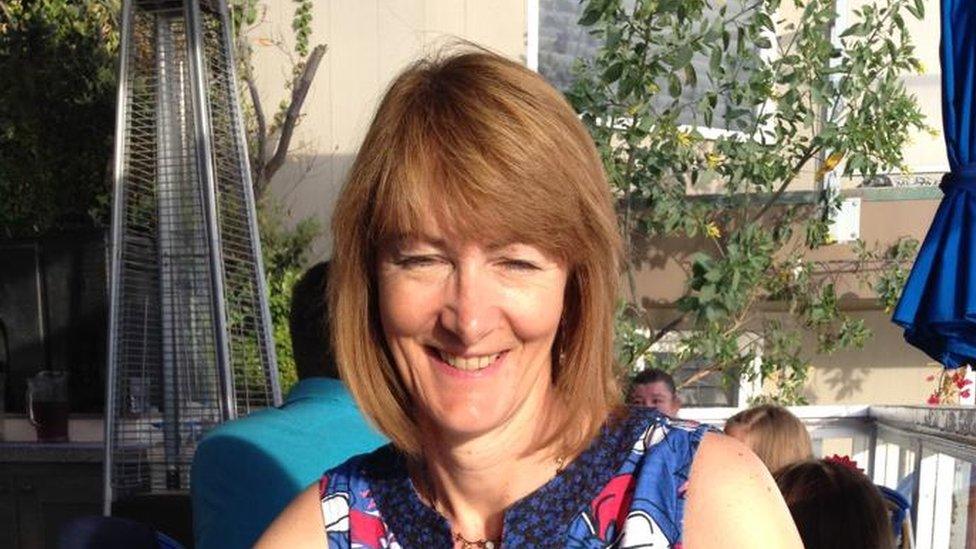
Janet Thursfield had to call several pharmacists when she tried to pick up her most recent prescription
With a national shortage of hormone replacement therapy across the UK, patients are contacting the BBC to share their experiences.
Janet Thursfield, from Sutton Coldfield, is among those affected by the shortages and now has her "fingers crossed" she'll be able to pick up a new prescription in September.
"I've been taking HRT for two and a half years. I'm currently being prescribed Indivina," says the 58-year-old.
"I first had a problem with a repeat prescription just before Christmas last year and was given an alternative to try.
"However, within days, my most debilitating symptoms had returned. These included joint pain, muscle tension, anxiety and sleep problems. Luckily, I was able to source Indivina in February and returned to it."
But in July, Janet was forced to call around several pharmacists before she was able to find another two-month prescription, due to the emerging shortages.
"The pharmacist told me all stocks of HRT are now low because everyone is having to switch brands. I emailed the supplier of my brand and received an email stating the Indivina should be back in stock by the end of August", she says.
"I need the tablets in order to go about normal life. Before, my hormones were all over the place, and I struggled to talk to anyone about anything personal without crying.
"The menopause has been a nightmare for me and the shortage just adds to the stress."

Patricia Stiemke says not being able to get hold of her HRT medication can have "physically debilitating" consequences
Patricia Stiemke, 54, from Essex has also been struggling to ensure she has stable supplies.
The biomedical scientist was not impressed when she visited the pharmacist for a repeat prescription of Elleste Duo and was told the request could not be fulfilled.
Instead, she had to go to several pharmacies to source at least one month's stock of pills and was compelled to make at least two appointments with her doctor to find alternative treatments.
"Most recently I was given a six-month prescription for Kilofem," says Patricia, adding that she was able to acquire the entire supply at once from the pharmacy.
"I have noticed, however, that, at the same dosage, they are not quite as effective. Let's see what hoops I have to jump through when my existing supply runs low.
"Having a disruption in my supply would certainly have negative consequences. In my case, it definitely affects my ability to enjoy being alive - and also having some sort of libido.
"However, the biggest consequence would be going back to a pattern of very painful, heavy and prolonged bleeding at totally random periods. This is physically quite debilitating and limits where, and for how long, I can leave my home.
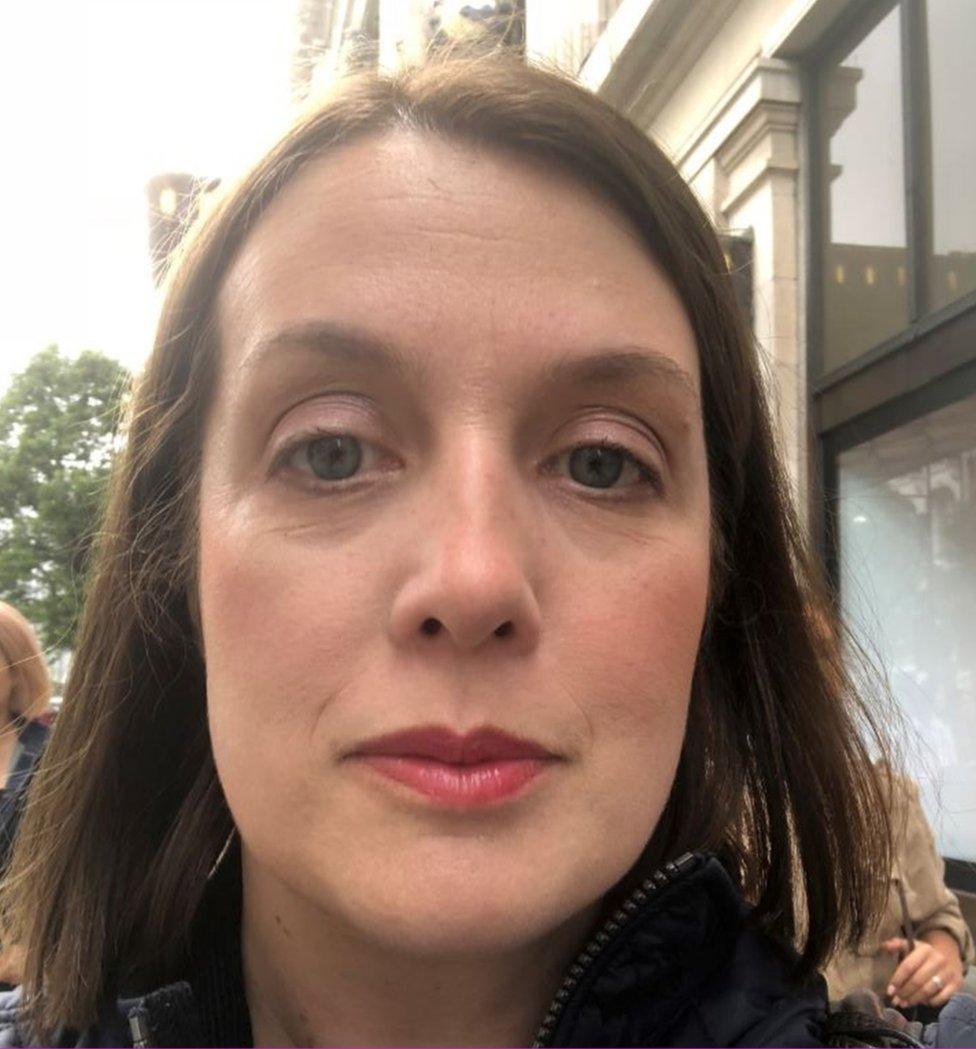
Karen Matthews encountered problems when she asked to switch to an HRT patch
Karen Matthews is also from Essex. The 42-year-old went through early menopause a decade ago and says she had been taking Elleste for a long time, but when she tried to switch to an HRT patch, her options were limited.
"About a month ago, I found that when I requested my repeat prescription the pharmacist had real difficulty in getting the medicine. Thankfully it eventually arrived.
"However, this week, when I asked the doctor if I could change to the patch - as my research had suggested the health risks are lower - I was told I couldn't do it.
"Apparently the patches were out of stock for at least three months, so my doctor couldn't help me. I've got to go back to the doctor in three months to try again.
"I presumed the shortages were because people were stockpiling for Brexit, but it was interesting to see how long this has been going on for."
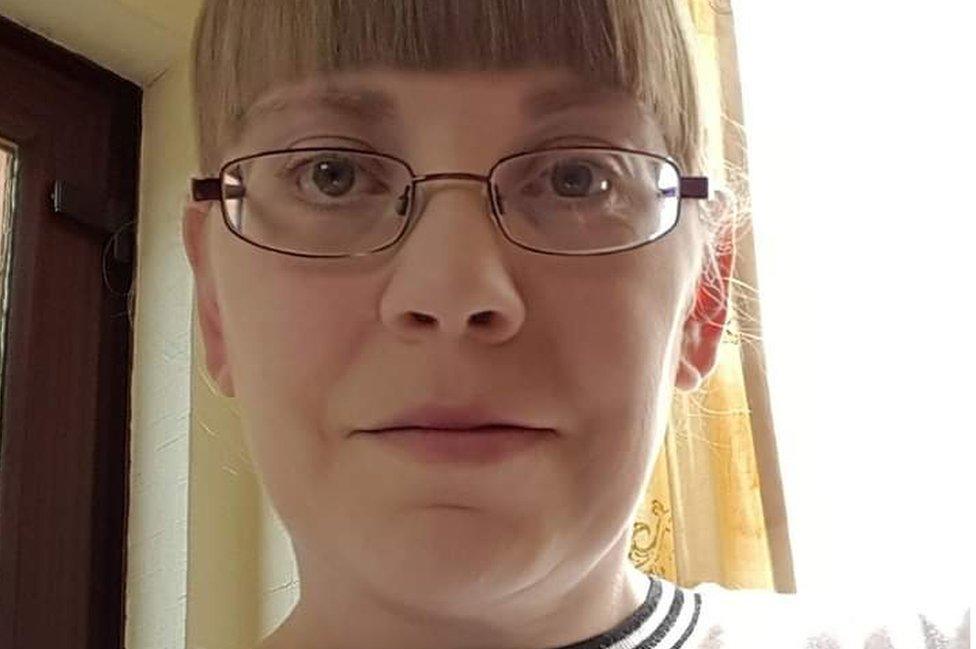
Helen Deakin has been using HRT patches for 10 years
However, it is not only those undergoing menopause who have been impacted by the shortfall.
Helen Deakin, 38, of Birmingham, has Turner syndrome, a chromosomal condition that only affects girls. There are a number of potential symptoms, including being short and having fertility problems
"I was put on a HRT patch about 10 years ago," she told the BBC.
"I never had any problems with getting the patches but in the last few months, it has been an issue and I've had to keep changing the patches I'm prescribed due to the shortages. I keep going back and forth between the doctors.
"What's also frustrating is what is being said about the reason why. When I asked the pharmacist, they blamed Brexit - but then the doctor said the pharmacists were stockpiling, so it's different messages coming through.
Transgender people are also facing significant challenges.
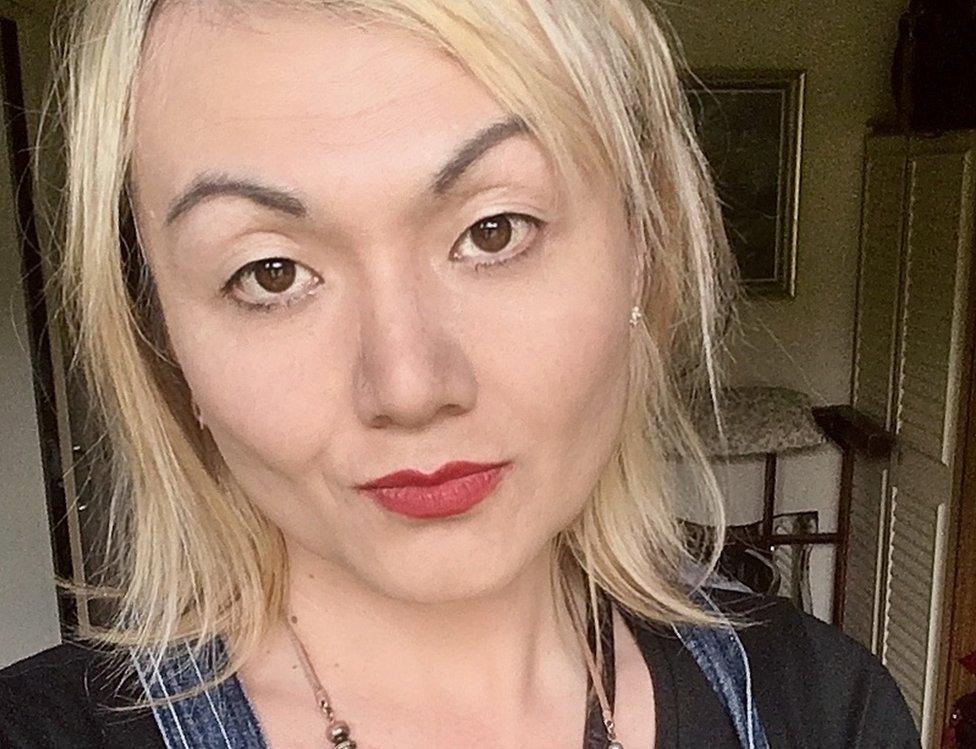
Kaoru is concerned about possible delays in her prescription
"This is also a big issue for transgender women like myself," says Kaoru Sato, who lives in London. "These drugs are just as important for us in our gender-affirming treatment."
Ms Sato, a musician and designer in her 40s, says she has struggled to get her repeat prescription of Estradiol Valerate over the past few months.
"Last week I tried five or six pharmacies who all said there were manufacturer problems."
"For me, if I stop taking these hormones, it doesn't threaten my life, but it does threaten my physical and mental wellbeing."
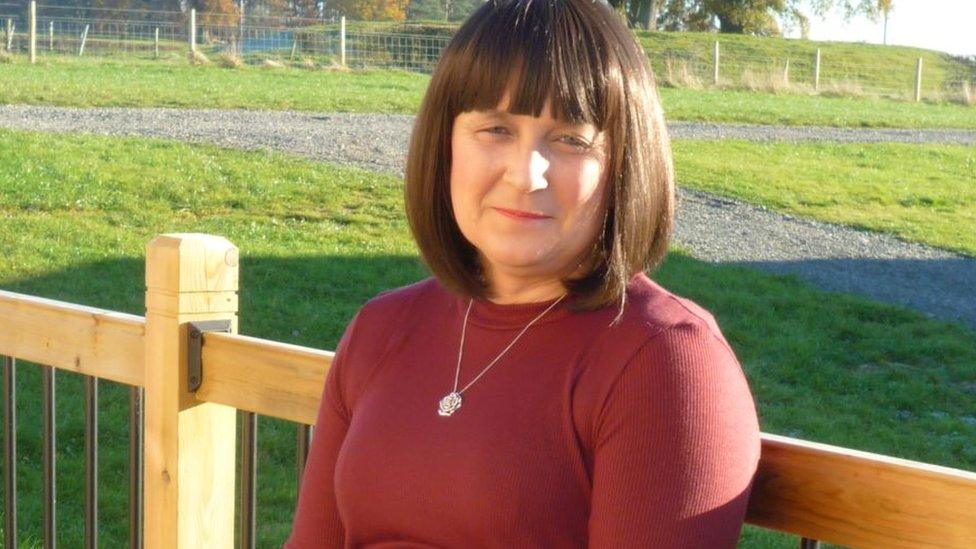
Louise Fox worries about her next prescription
"Shortages of HRT cause huge problems for transgender women," says Louise Fox from the Wirral. "Within 36 hours of their last dose, oestrogen levels drop to virtually nothing, causing some horrendous symptoms.
"Being transgender is not a choice but a condition that often requires medical intervention."
The 53-year-old adds: "I'm lucky as I am using Oestrogel as a HRT and have still been able to get hold of supplies, but I am worried about my next prescription - especially as I've been doing research and seen other people have faced challenges.
"If I don't get my next prescription in time, I don't know what to do."
- Published16 May 2019
- Published7 November 2024

- Published9 March 2019
